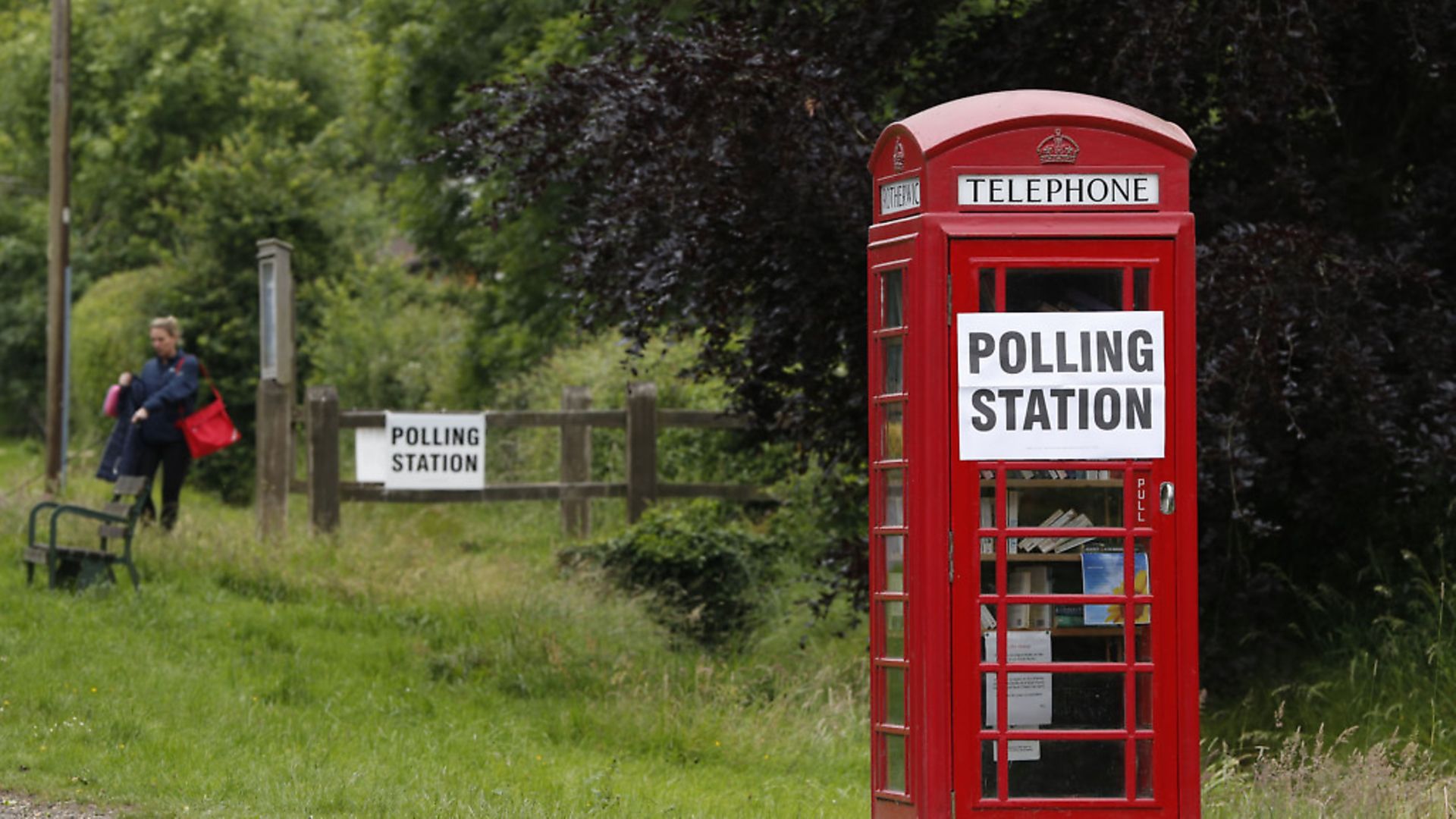
Can a referendum ever really work? Mitch Benn investigates.
Referendums are often a bad idea.
There, I said it.
Oh and by the way, I don’t care if it’s more properly pluralised as referenda. I don’t even know if it is more properly pluralised as referenda and I can’t be bothered to Google it. This is my column and as such for the next few hundred words, ‘referendums’ it is.
I get the feeling this is a thought that has occurred to a lot of people over the last two-and-a-half years but it’s not a thing one can easily say out loud (or indeed in print) for fear of being labelled ‘anti-democratic’.
Well I don’t know about you, but as a vocal and active Remainer I’ve now been (wrongly) called anti-democratic so many times by so many (wrong) people that quite frankly the word’s lost all meaning, so what the hell, I’ll say it again: Referendums are often a bad idea.
Why? I pretend to hear you ask. Why are referendums a bad idea? Surely they’re the purest expression of democracy? Can we really say that demos in fact cracies anything if we’re opposed to a good old single question universal plebiscite?
Well it depends on the question, and perhaps most crucially it depends on when the question is put. If the question is clearly defined and the outcomes of the various possible results are all known quantities, then a referendum is not just a good idea but, from time to time, an essential idea. But this, unfortunately, requires something almost entirely absent from our present political culture: patience.
For an example of a conscientiously-conducted referendum we need only look back a couple of decades and across the Irish Sea (or straight down, if you’re reading this anywhere on the island of Ireland).
It’s both ironic and entirely fitting that the Good Friday Agreement has proven to be the most intractable stumbling block to the completion of Brexit (and the one which, fates willing, may yet be its undoing), since that – had anyone thought to pay it any attention until too late – would have served as a perfect template for how to do Brexit properly.
Back in 1998 the terms of the agreement were not just painstakingly thrashed out in advance of the popular vote, but a full printed copy of the putative treaty was mailed out to every household in Ireland both north and south. By the time the people were consulted, they not only had, in writing, the exact terms of the deal they were about to approve or reject, they had a pretty concrete prediction of what approval or rejection would bring.
I’m not the first person to point out that one of the tragedies of Brexit is that a botched, rushed, vague, possibly fraudulent and undemocratic referendum might yet undo the extraordinary good achieved by a meticulous, clear, legitimate and democratic referendum.
That’s why we Remainers are clamouring for a vote now; it’s not that we don’t think there should have been a vote on continuing our membership of the EU (although hold that thought), it’s that we realise that the time for such a vote would have been now, not in 2016.
The time for the popular vote was after a putative exit deal had been settled, after the various issues surrounding the customs union, freedom of movement and the like had been resolved. The time for a popular vote is when you can tell people – in practical, not abstract terms – what they’re actually voting for.
So when a referendum is necessary – and I’ll grant that there are times when it is – it should be conducted carefully, precisely, and patiently. The EU referendum was none of those things.
The point is that they’re usually not necessary. In fact, they’re often a bad idea. Now some of you may be thinking, ‘Surely he’s not going to be so elitist as to claim that the voters shouldn’t be consulted on great affairs of state because they’re too complicated for ordinary people to understand?’
No I’m not; the point is that great affairs of state are too complicated for anyone to understand in their spare time.
People aren’t stupid; people aren’t ignorant. People are busy.
We’ve all got enough on our plates just trying to keep afloat without immersing ourselves in the minutiae of political intrigues foreign and domestic.
That’s why, in a representative democracy, we employ people to know about these things; we entrust them to immerse themselves in all that stuff for us and then make choices in our best interests.
This is an important distinction; MPs are representatives, not delegates. We send them to parliament not simply to enact our decisions but to make decisions on our behalf. If we don’t like their decisions we get to kick them out, but the decisions are still supposed to be theirs, after they’ve spent all that time that we don’t have familiarising themselves with the issues.
That’s how it’s meant to work anyway. For why it often doesn’t, see last week’s column.









